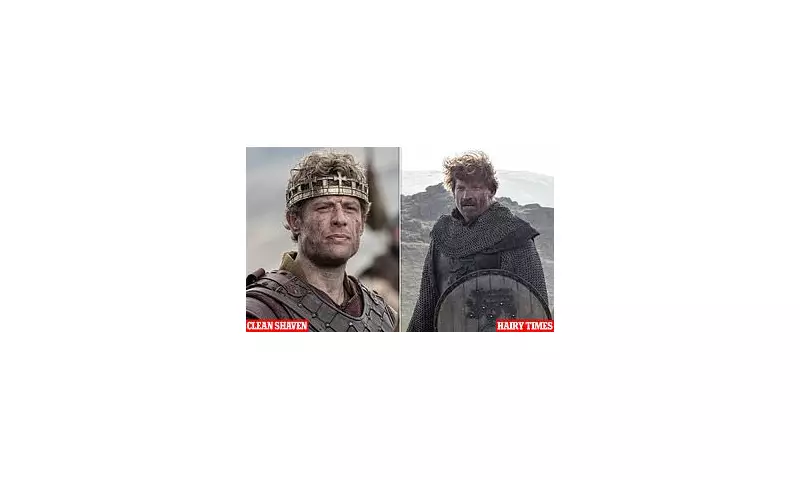
The BBC's ambitious new historical drama, 'King and Conqueror', is facing a barrage of criticism from esteemed historians who have branded it a "catalogue of errors" that prioritises drama over factual accuracy.
The eight-part series, which charts the intertwined lives of Harold Godwinson and William the Conqueror, has been accused of a series of howlers, with one of the most visually striking being the depiction of William with a thick, stereotypical 'Asterix-style' moustache.
A Historically Hairy Situation
Professor Tom Licence, Director of Centre of East Anglian Studies at the University of East Anglia, was blunt in his assessment. He confirmed that while some Normans might have had moustaches, William the Conqueror, as depicted on his coffin and in numerous chronicles, was clean-shaven. The show's choice is seen as a bizarre and inaccurate stylistic flourish.
More Than Just Bad Facial Hair
The moustache is just the tip of the historical iceberg. Experts have pointed out a litany of other errors, including:
- Incorrect costuming: The use of later medieval armour and weaponry that did not exist in the 11th century.
- Geographical and architectural mistakes: Depicting Norwich Castle, which was built after the Conquest, and showing the White Tower of the Tower of London a decade before its construction began.
- Misplaced drama: Fabricating a scene where William's men murder his childhood friend, for which there is no historical evidence.
Professor Licence summarised the production as "a confection based on a few sources which are used and abused liberally", suggesting the writers "filled in the gaps with pure imagination."
A Pattern of Problematic Portrayals?
This controversy raises broader questions about the responsibility of public service broadcasters like the BBC in portraying history. While creative license is expected in drama, the scale of the inaccuracies has led to accusations of misinforming the public on a significant scale.
The BBC has defended the series, stating it is a "dramatisation" and not a "documentary." However, for historians, the blurring of lines risks distorting the public's understanding of a pivotal moment in British history—the Norman Conquest of 1066.





